Immigration policy
News
The coronavirus effect on European migration policy
Alain Le Cléac'h shares his point of view on the coronavirus epidemic and its consequences on the rights of migrants in France, and on what it implies in terms of European migration policy.
+
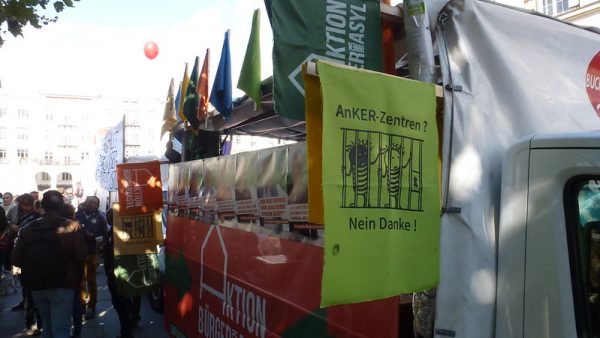
News
Germany’s Ankerzentren: a quick way of managing the asylum procedure while undermining fundamental rights
The first Ankerzentren were set up in 2018 at the instigation of the German Minister of Interior Horst Seehofer. They are designed to speed up the processing of asylum applications and to make it easier both to send rejected asylum seekers home and to transfer those placed under the “Dublin” procedure to other countries. These reception centres are the only ones of their kind in Europe and might inspire other Member States. However, a year and a half after they were set up, there is a great deal of criticism which is bringing the justification for their introduction into question.
+
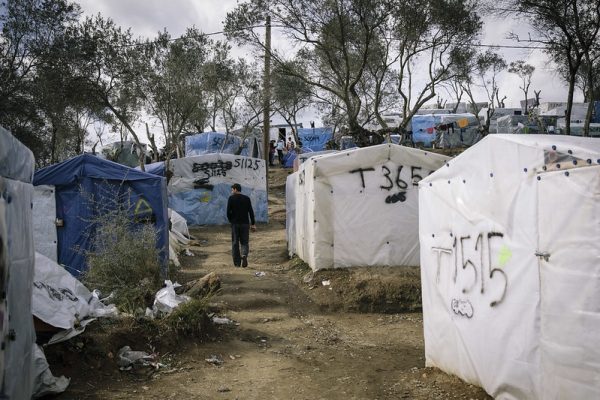
News
Is a reform of European asylum policy still possible?
Asylum became a European competence in 1999 and has gradually become the subject of a legislative framework thanks to the introduction of the Common European Asylum System. However, since 2015, European policies in this area have shown their limits, leading to a reform process which has still not come off. At a time when the new European commission is setting out its objectives for a new common asylum policy, is reform still possible?
+
News
"The EU-Turkey Statement made it impossible to provide decent and humane reception conditions to asylum seekers"
Through the implementation of various activities - from initial reception services to the promotion of integration - the Greek Refugee Council seeks to inform about their rights and support the largest number of asylum seekers and refugees on Greek territory.
It has become one of the major associations in the field of asylum in Greece and has helped more than 125,000 beneficiaries since its creation in 1989.
+
News
"If the question of the distribution of migrants throughout the EU is codified, we will no longer see the kind of thing that is currently happening in Greece"
Sylvie Guillaume is a member of the Progressive Alliance of Socialists and Democrats group in the European Parliament (S&D). She shares her views on the management of asylum seekers' arrivals in the EU since 2015, on the new Pact on Asylum and Immigration of the von der Leyen Commission and on the role of the Parliament for the European legislature starting in 2019.
+
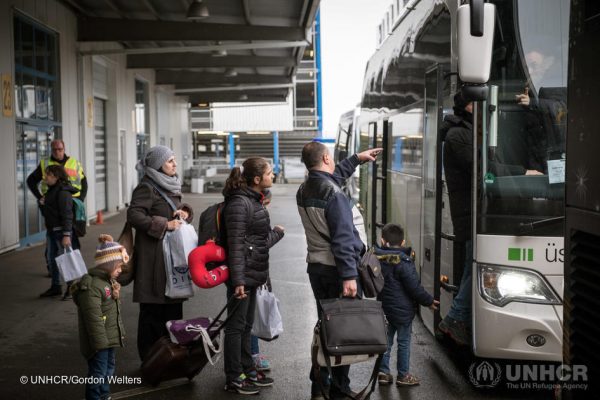
News
Towards a European Union Resettlement Framework?
In response to ever-increasing needs and in order to harmonise Member States’ resettlement procedures, the European Union is seeking to adopt a legal framework in this area. Still under negotiations, the text has raised some concerns.
+
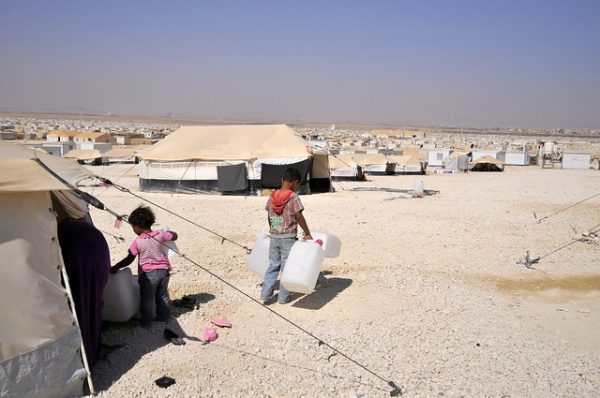
News
Growing protection needs: UNHCR unveils its global strategy on resettlement and complementary pathways for refugees
In order to distribute more equitably the responsibility for the reception and support of refugees, UNHCR has presented a new Tree-Year Strategy on Resettlement and Complementary Pathways. The organization plans that by 2028, 3 million refugees will be able to benefit from these legal pathways
+
News
"If countries saw benefits for themselves in terms of employment, they would probably engage in forms of resettlement or complementary pathways "
Martin Wagner, Asylum Programme Manager for the International Centre for Migration Policy Development (ICMPD) talks about the challenges of developing skills and qualifications based pathways for refugees, which are among the most under-exploited and difficult to access to legally reach Europe.
+
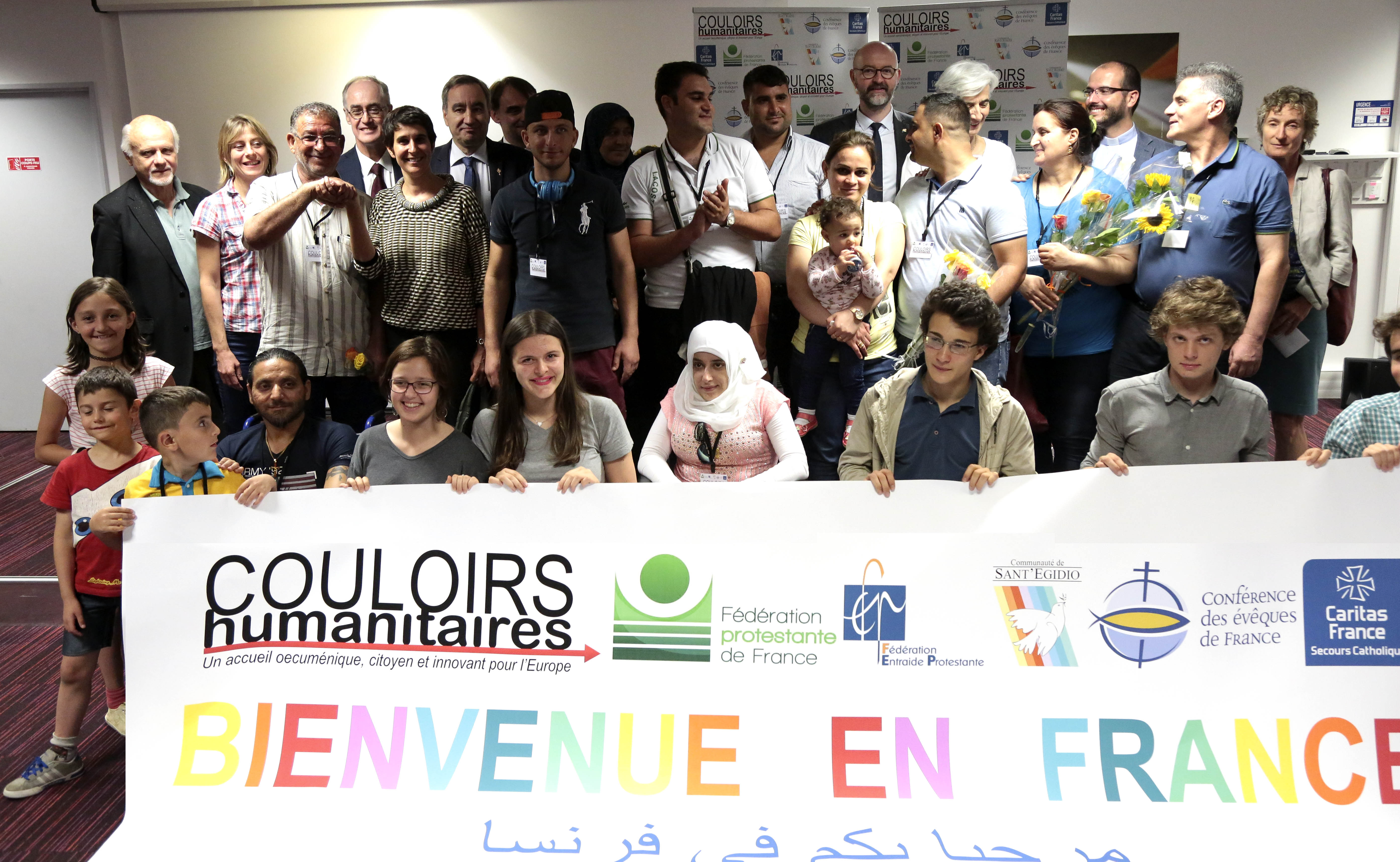
News
"Humanitarian Corridors guarantee a global, non-technical and humane approach"
Implemented by several faith-based organisations, humanitarian corridors have enabled thousands of people seeking protection to reach Europe. Discussion with Valérie Régnier, the representative of the Community of Sant’Egidio in France, which implement these programmes in several countries.
+
News
Community based sponsorship programmes in Europe: what next?
"Since 2013, complementary pathways of admission for refugees - in particular community sponsorship programmes - have emerged in Europe as a direct response to the worsening conflict in Syria. This phenomenon reflects the increasing desire of European civil society actors to directly engage in admitting and welcoming refugees into their local communities."
+
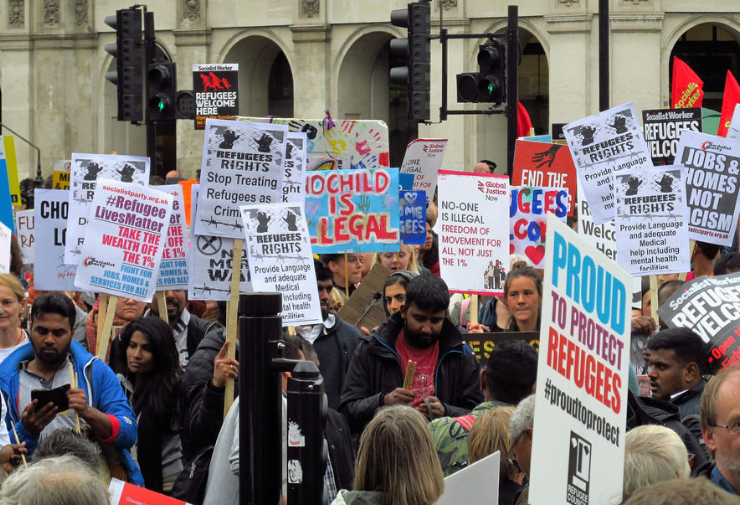
News
The other impact of the 2015 crisis: unprecedented mass mobilisation
Even if less media-exposed than anti migrants and anti-refugees speeches and measures, civil society actions grew significantly in the EU since the 2015 ‘refugee crisis’. Overview of these solidarity initiatives.
+
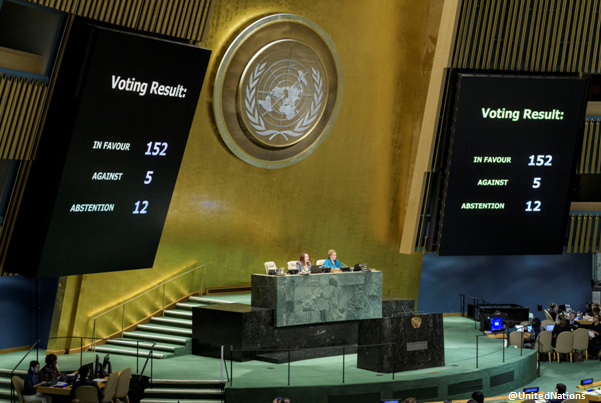
News
Europe divided about the adoption of the Global Compact for Migration
The UN’s Global Compact for safe, orderly and regular migration was adopted last December in spite of a few European States’ objections. Analysis of a controversy highlighting the growing influence of European populist rhetoric on a global scale.
+
News
"If we are to succeed in eliminating populism and defeating populists, cities must speak directly to their citizens"
The German city of Dresden belongs to several networks of European cities supporting the reception of migrants and refugees. For a few years now, the city has been developing action plans to promote hospitality and to tackle anti-immigration views. Meet Dirk Hilbert, Dresden’s Mayor.
+
News
Migration and the rise of populism: how closely related are they?
"Did migration contribute to the recent rise of right-wing populism in Europe? At first glance, the question seems trivial. For most right-wing populist parties in Europe put the immigration issue on the top of their agenda exploiting anxieties over cultural disintegration and rising crime"
+
News
"More solidarity and a greater political courage are needed to put an end to the tragic situation in the Mediterranean and to improve the management of asylum in Europe »
Vincent Cochetel, Special Envoy of the UNHCR for the Central Mediterranean situation, shares his views on the EU proposals for a better management of migratory flows in the Mediterranean Sea, and on issues related to the cooperation with neighboring countries of the EU.
+
News
“Regional Disembarkation Platforms” and “Controlled Centres”: Lifting The Drawbridge, Reaching out Across The Mediterranean, or Going Nowhere?
“The idea is that if Europe can lift the drawbridge and confine migrants in its Southern neighbourhood, it need not face a divisive debate on internal solidarity. To borrow from Catherine Woollard of ECRE, this looks rather more like “Externalization Fantasyland” than like a feasible policy plan."
+
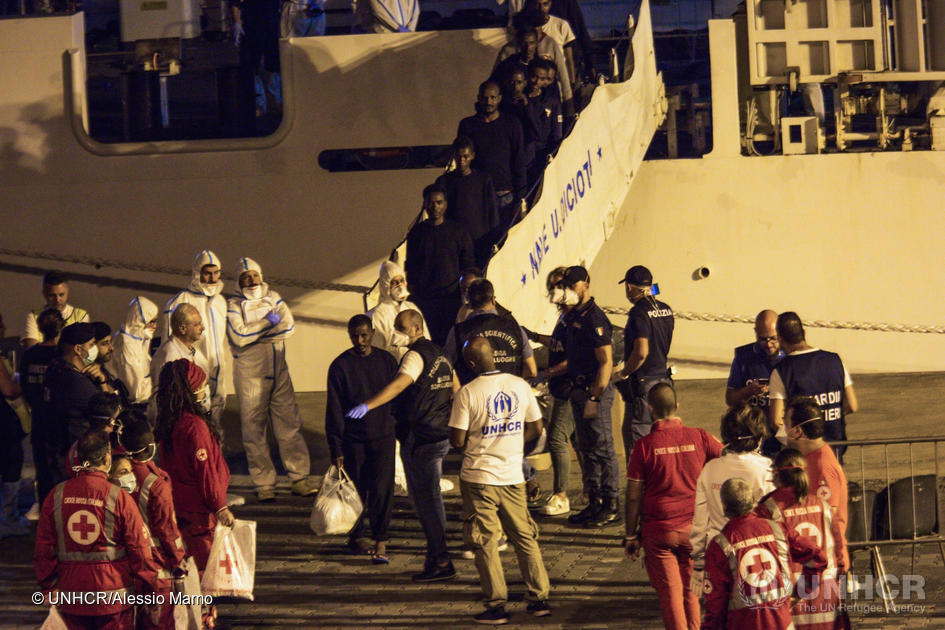
News
Still no agreement on the proposed "regional disembarkation platforms" and "controlled centres"
Following a UNHCR-IOM joint proposal for the creation of a “regional disembarkation mechanism”, the idea of “regional disembarkation platforms” in third countries, and “controlled centers” on European territory were proposed at the June European Council. Since then, discussions are at a standstill.
+
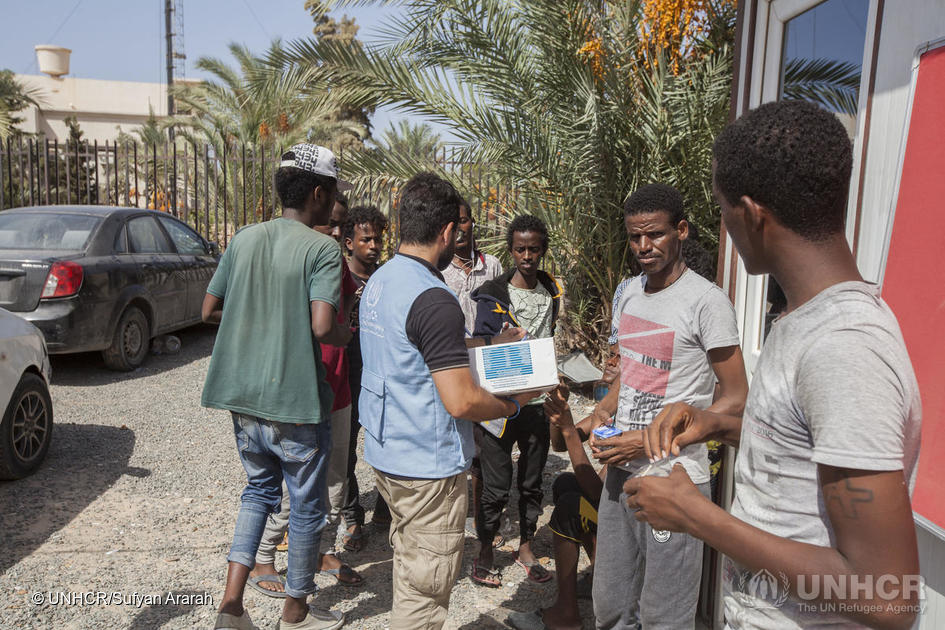
News
Migration from Libya to Europe: No end in sight to the current deadlock
While the EU increased its cooperation with Libya, which now oversees the majority of search and rescue operations in the Central Mediterranean, the repatriation of migrants on Libyan territory fuels debates. Given the rising insecurity in the country, many also worry about the fate that awaits them there.
+
